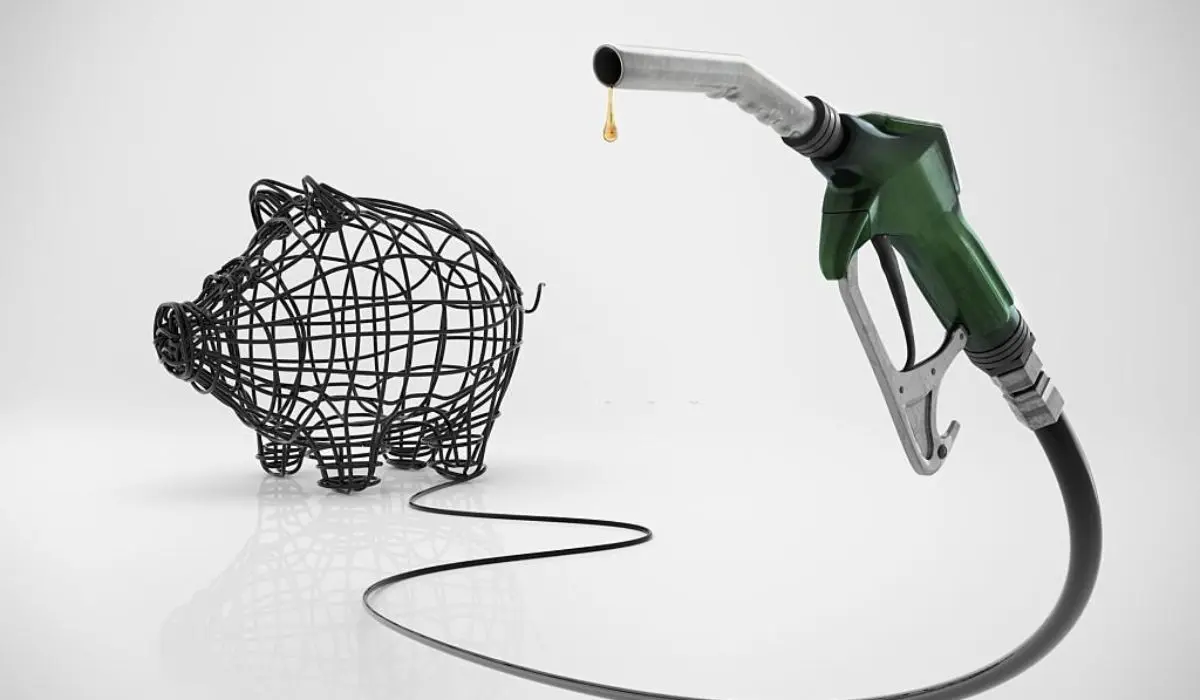Technology
10 Proven Fuel-Saving Tips To Reduce Your Vehicle’s Consumption

Saving fuel is essential – not just for our wallets but for the environment too. This article will look at ways to help reduce your vehicle’s fuel consumption – both to save money and benefit the planet.
Driving efficiently is the way to go. Keeping a consistent speed, not accelerating or braking hard, and staying within the speed limit are easy and effective methods to increase fuel efficiency. Plus, lesser idling time and lighter car loads can further boost fuel efficiency.
Regular maintenance is also important. Keeping your engine tuned up, replacing air filters often, and making sure tires are properly inflated all contribute to better fuel economy.
Tips For Driving Efficiently

For better fuel efficiency and cost savings, drive smart! Here are some great tips:
Also, make sure your tires are inflated properly. Underinflated tires consume more fuel. Use cruise control when possible to maintain a consistent speed.
Tips For Vehicle Maintenance
Routine maintenance saves money in the long run. It cuts fuel costs and lengthens the life of your vehicle. And it increases its resale value!
Drive responsibly. No aggressive moves like speeding, hard acceleration, or sudden braking. These use more fuel. Plus, they put extra strain on vehicle parts. Consistent speed, no idling, and smooth driving all help improve fuel efficiency.
Conclusion
Studies show that following fuel-saving tips can cut down your vehicle’s fuel consumption. Doing this can save money and help the environment.
To do this, you must improve driving habits, maintain your vehicle, and explore alternative transportation options.
Efficient driving techniques, such as avoiding rapid acceleration and braking, using cruise control, and reducing idle time, can make a huge difference. Plus, planning trips and avoiding detours can reduce mileage.
Regularly maintaining the vehicle is vital for fuel efficiency. Keeping your tires inflated, and changing air filters, spark plugs, and engine oil, can all help.
Alternative transport, such as carpooling, public transport, biking, or walking, can also reduce dependence on vehicular travel. This helps with traffic and fuel savings.
It’s interesting to note that since cars were invented in the 19th century, we have been trying to make them more efficient and use less fuel. This has led to the development of hybrid vehicles and electric cars. It shows our commitment to conserving fuel and protecting the environment.
More: Is It Safe To Use An Air Cooler Or Air Conditioner (AC) In Your Baby’s Room?
